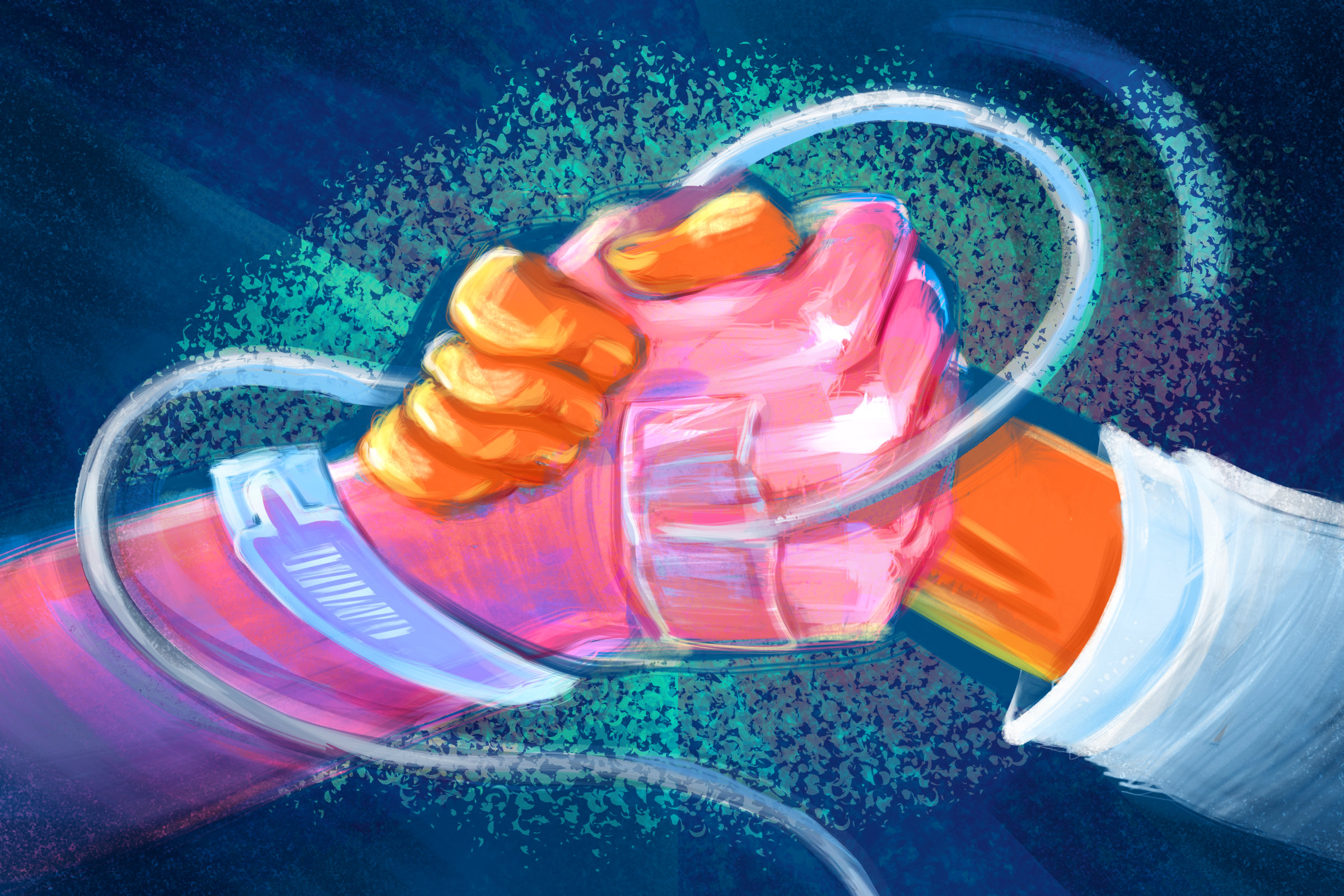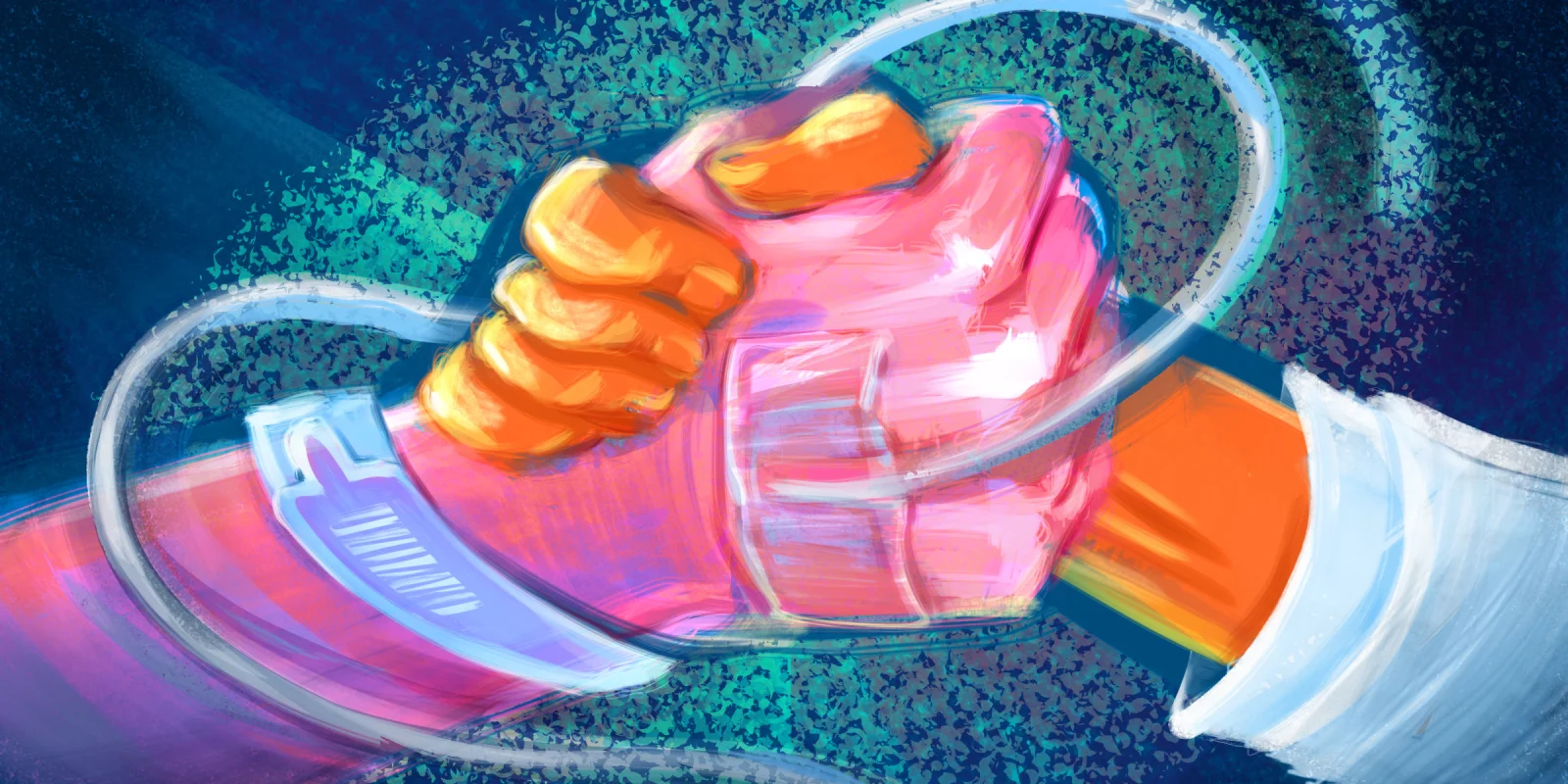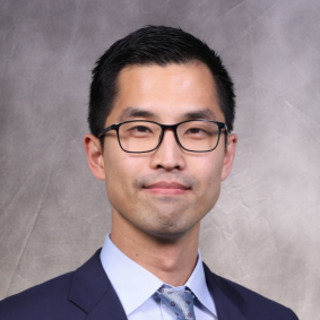
Being a physician is an immensely rewarding and humanistic endeavor. When we envision physician-patient encounters, it is marked by compassion and warmth.
These human aspects of the profession are what called many into the profession. As a medical student, I looked forward to being at the patient’s bedside, spending as much time as it takes to help my patients and listen to their stories.
However, the day-to-day reality for physicians in the current era of medicine is changing. As a surgical resident, I am constantly kept busy during the day with emergencies, procedures, notes, and phone calls. Hurrying from room to room during morning rounds, I can always hear time’s winged chariots at my back, forcing me to cut conversations short with patients.
Furthermore, we constantly face added financial and bureaucratic pressures to operate more efficiently. While technology has improved our ability to store data, it has not necessarily improved our ability to navigate it more efficiently. We spend more time sitting in front of computers than at the bedside, clicking buttons from a distance.
It is difficult to find time during the day to participate in the human aspects of the job, such as spending time listening to patients’ and their families’ stories and concerns, without constantly worrying about falling behind schedule.
So, one day, I decided to stay for a few minutes after work. Being off duty, I knew that I would be able to start conversations without any agenda or sense of urgency. I would be able to sit down, silence my phone, and ignore the clock.
I walked into the room of one of my patients, someone I had been taking care of for weeks but with whom I have not yet had the opportunity to get to know.
He was an elderly gentleman in his late 80s. He always appeared well-kept and dignified, with his wire-rimmed glasses and smoothly-combed silver hair. He preferred sitting up to laying down. His wife was always by his side.
He was severely delirious during the evenings, but he always wanted to talk about one thing and one thing only: his plane.
His wife told me that he was a pilot for many years and that he owned a plane, a magnificent piece of metal that aged with him. When I would ask him where he wanted to fly to, he would tell me which airports and how long it would take to get there if we left now. I often sat there and listened to his flight path. I would leave once he drifted off to sleep again. For the following week in the cardiac surgical intensive care unit, I spoke with him and his wife every night before I went home.
To this day, these encounters are vivid in my memories. They are vivid because they were uninterrupted, and I was able to focus on our conversations without multitasking. I was able to get to know him, not only as a patient, but also as a person. As our work conditions grow increasingly more stringent, these minutes offered a refreshing window of protected time during which I could be the kind of doctor I always dreamt of being.
Ever since this experience, I still take a walk around the unit before going home each night. I stop by rooms where I could not stop by earlier, and I speak to patients and family members about whatever is on their minds.
These conversations protect me from burning out. These conversations remind me of the meaning and purpose of being a doctor. Outside of regular working hours, I am able to relish in the soul of my profession.
Months later, I walked into another physician’s office. It was well-decorated office, full of plants and personal items. One frame stood out to me in particular, for not only was it the largest object in the room but also encased a photo of a plane, a magnificent piece of metal with colorfully painted wings.
Noticing that I was intrigued by the photo, the physician told me that her father-in-law was a pilot, that he had passed recently after a long stay in the hospital. In his last moments, he was surrounded by loved ones, delirious but gentle. He was just the way I remembered him, spending more time flying in the air than laying in his ICU bed. And now he was at last peacefully in his favorite element.
Jason Han, MD is a thoracic surgeon and a 2018–2019 Doximity Author. He tweets at @JasonHanMD.
Illustration by April Brust





